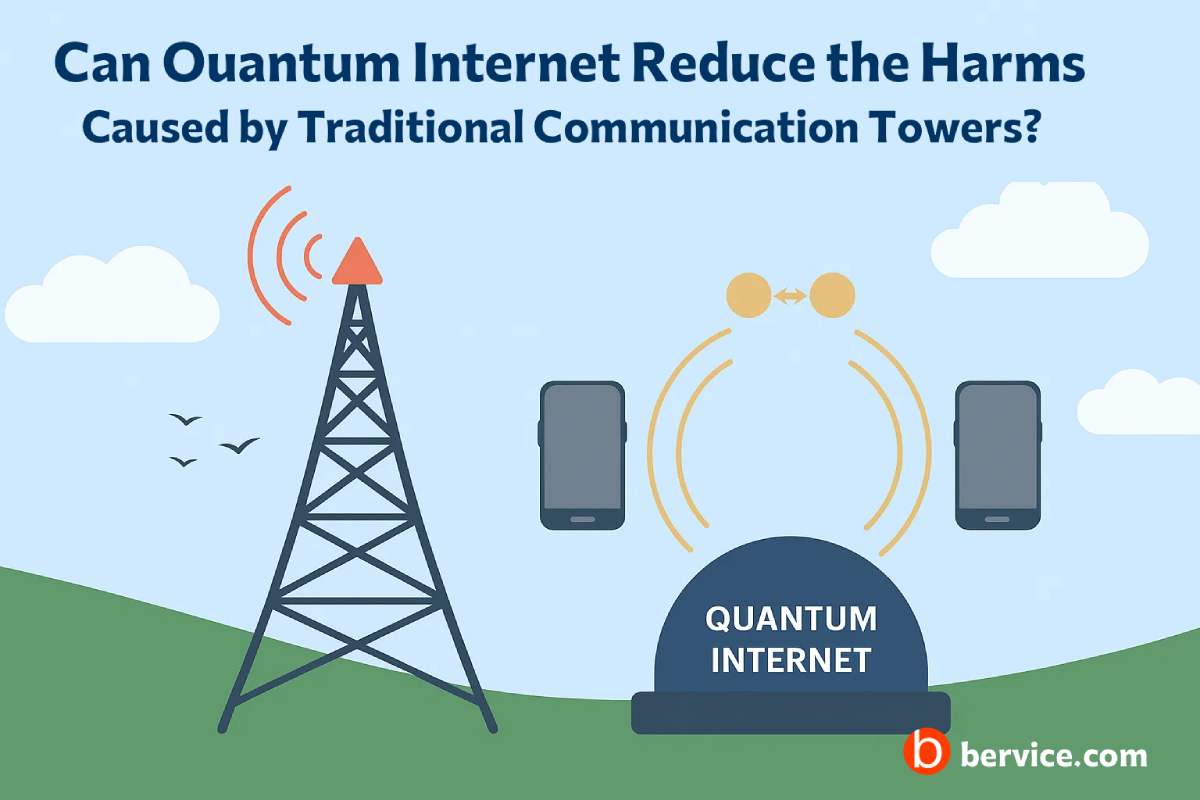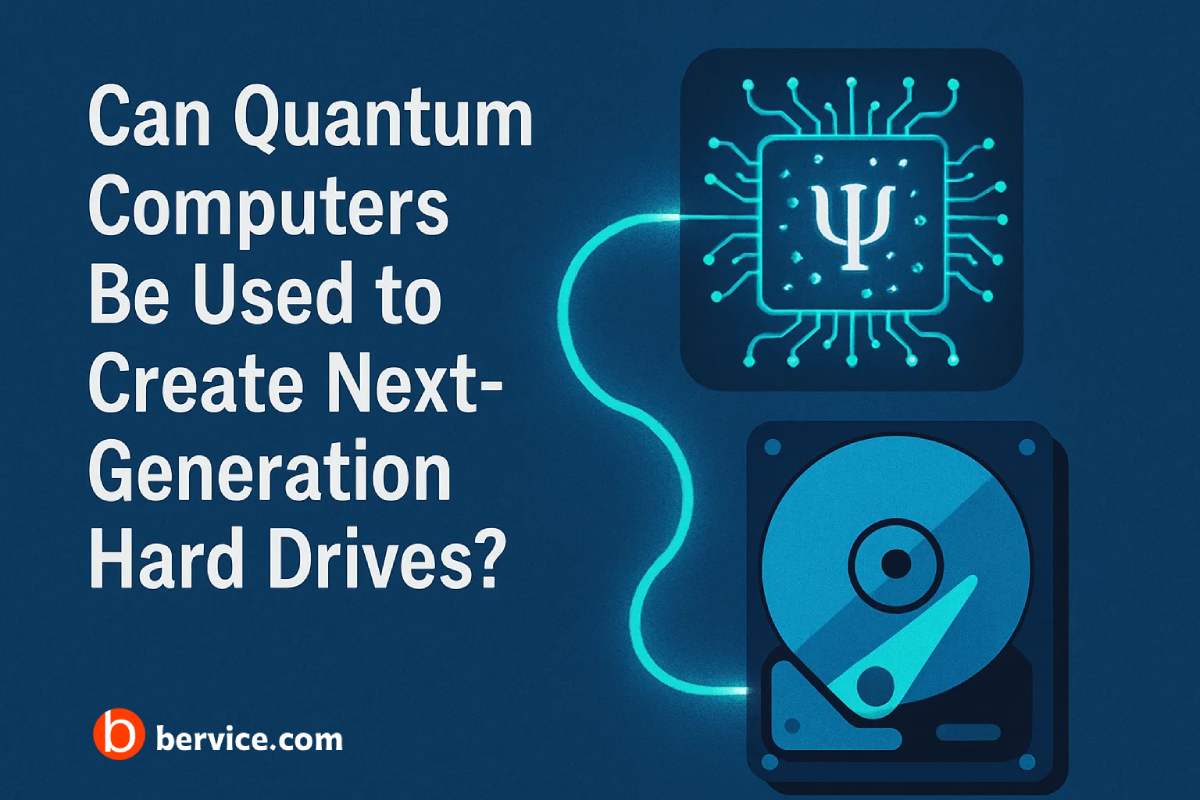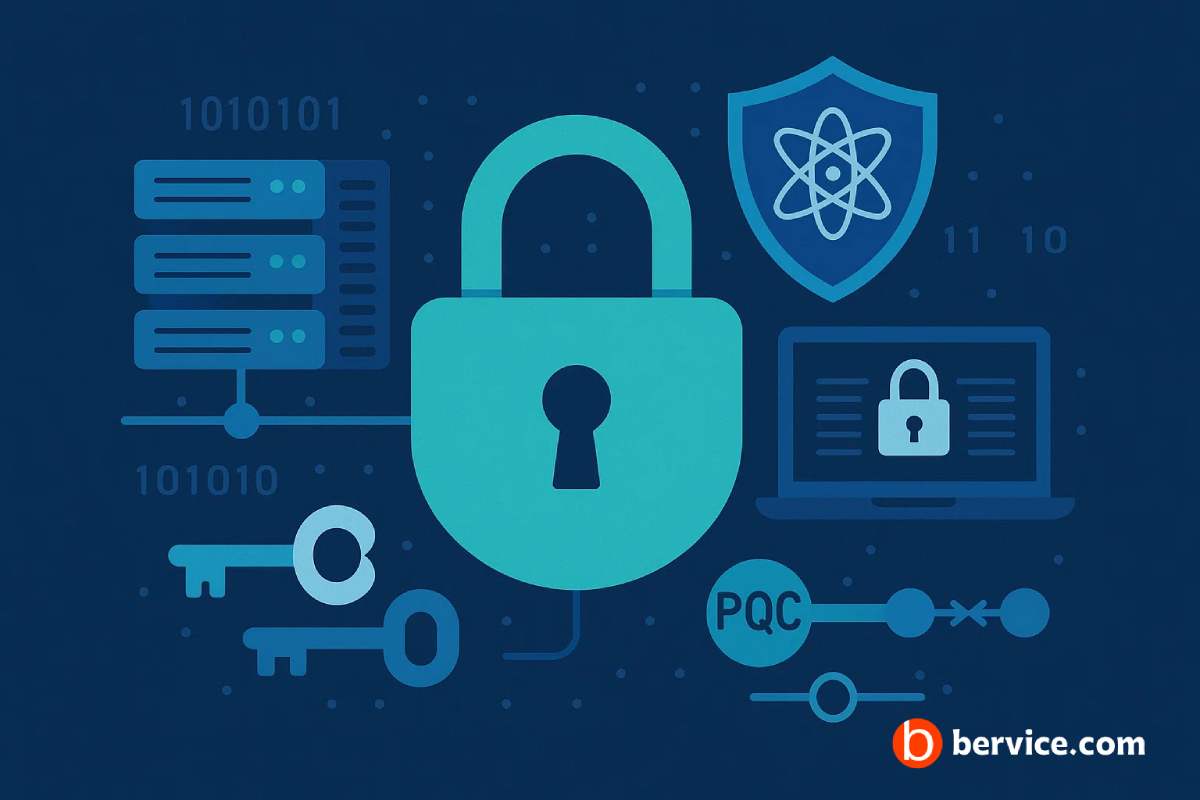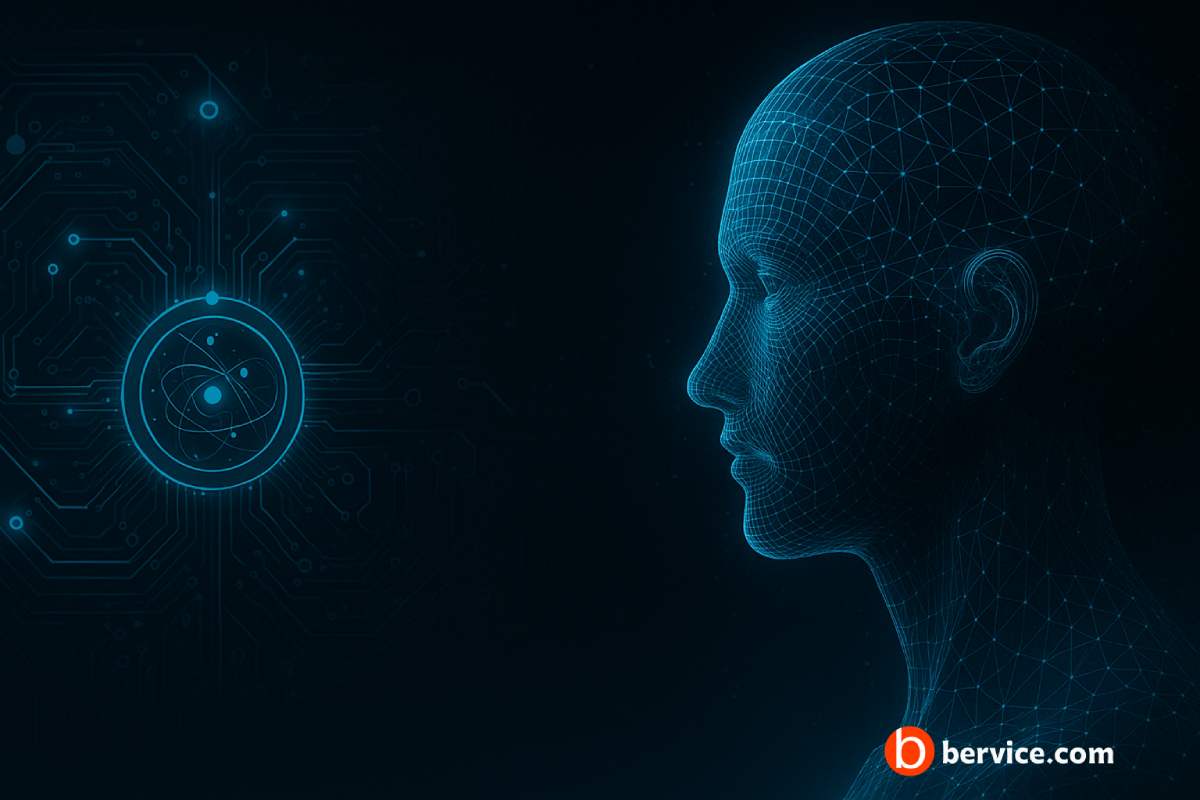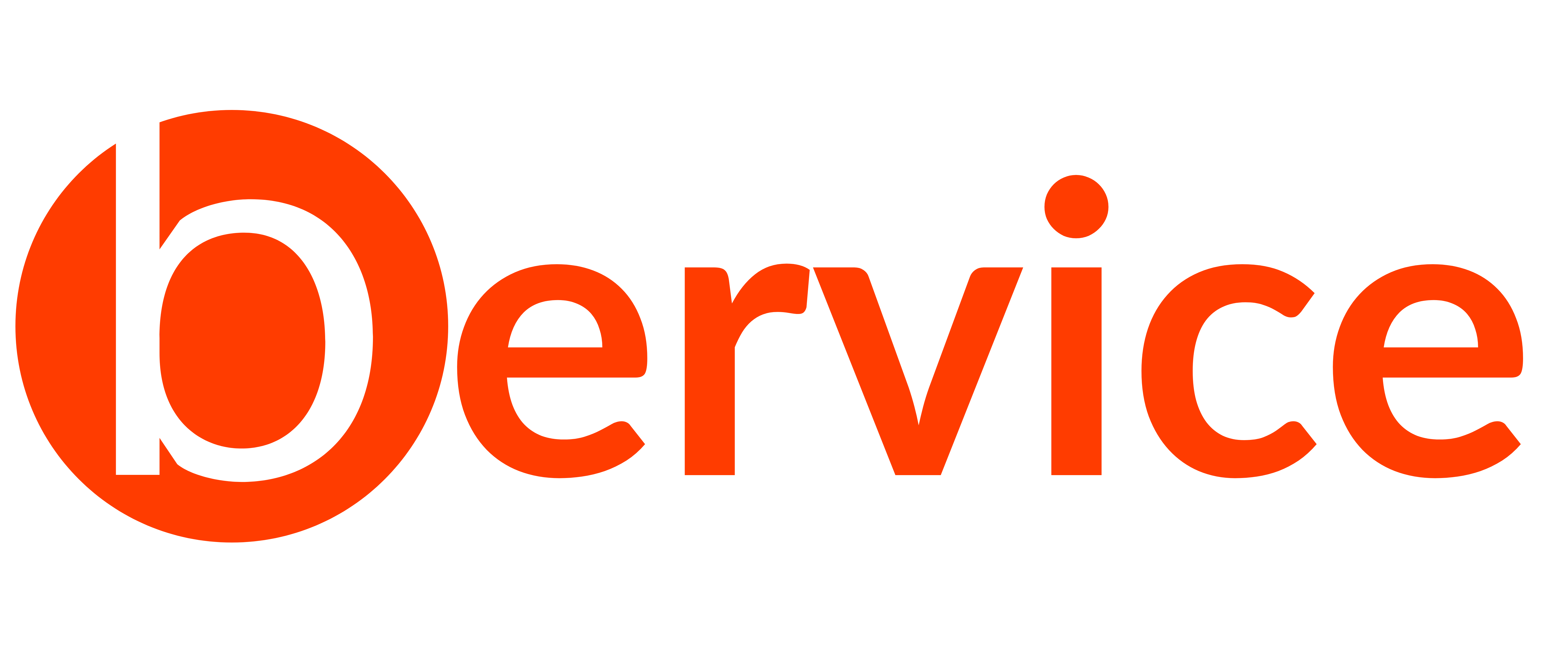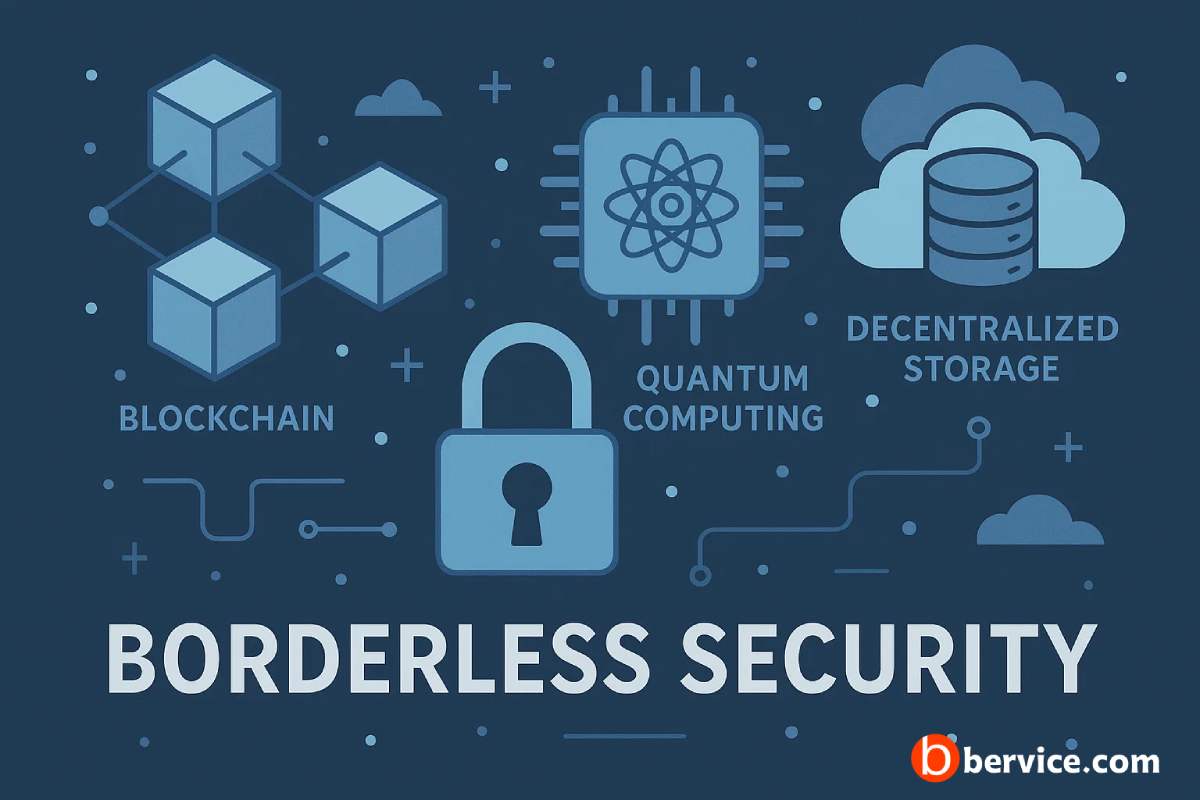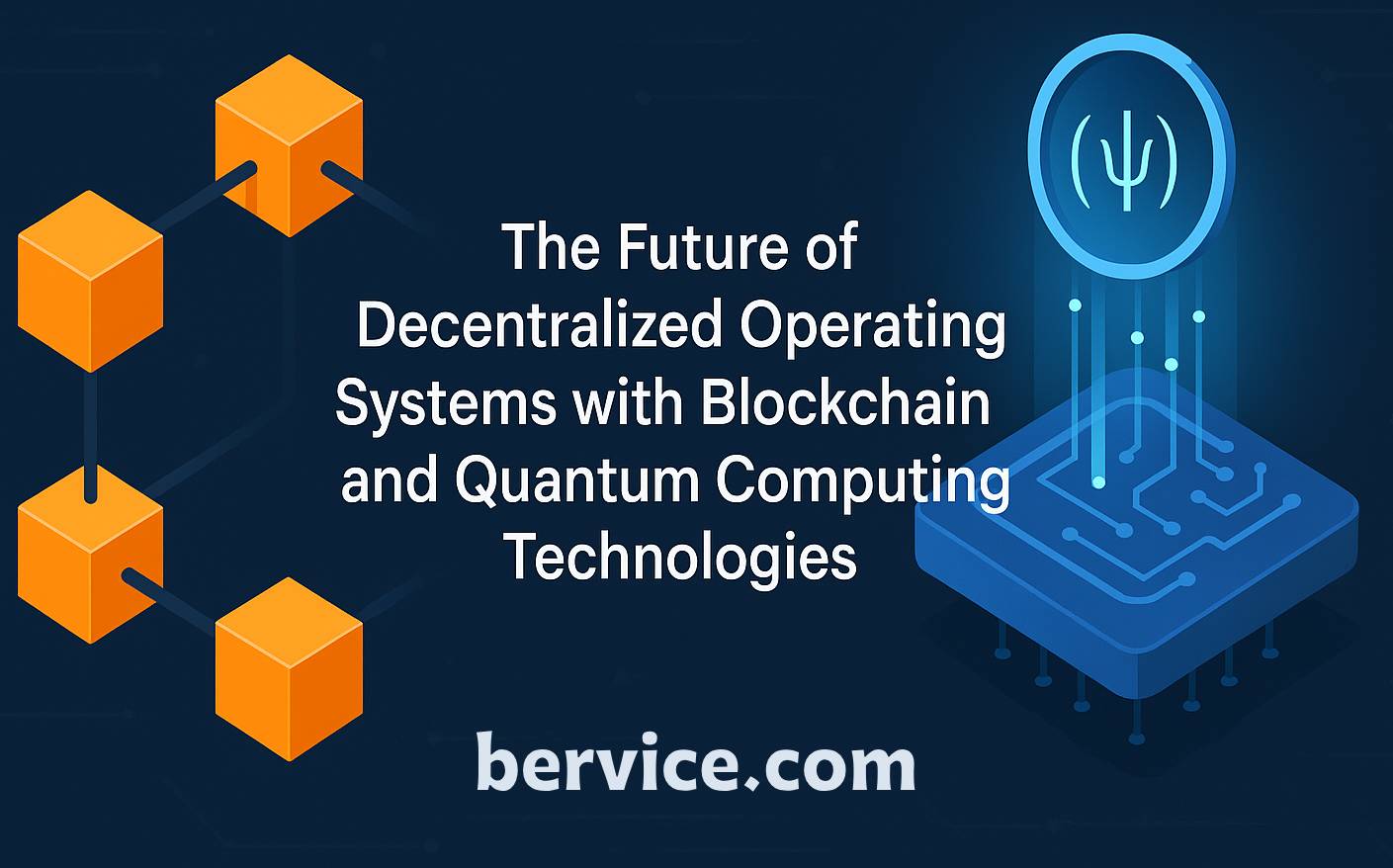
Introduction
As our digital world becomes increasingly connected and complex, centralized control systems face growing challenges in terms of security, privacy, and scalability. In response, decentralized operating systems (dOS) are emerging as a transformative solution. Leveraging blockchain for trustless coordination and quantum computing for immense processing power, dOS architectures are positioned to redefine the future of computing infrastructure.
This article explores the convergence of decentralized operating systems, blockchain, and quantum computing, highlighting how their integration could reshape not only personal computing but also enterprise and global-scale systems.
Decentralized Operating Systems: An Emerging Paradigm
Traditional operating systems like Windows, macOS, and Linux are built on centralized architectures, where control, data management, and updates rely on a central authority. In contrast, decentralized operating systems distribute control among a network of nodes, enhancing resilience, user sovereignty, and fault tolerance.
These systems prioritize:
- Autonomous device coordination
- User-owned identity and data
- Open-source governance
- Distributed resource sharing (e.g., compute, storage, networking)
Projects like Substrate OS, Urbit, and Nodle are early experiments in this space, aiming to create a digital environment where users are not just consumers but active participants and stakeholders.
Role of Blockchain in Decentralized OS
Blockchain technology plays a pivotal role in enabling trustless consensus and verifiable operations within dOS. Through smart contracts, decentralized identity systems, and token-based incentives, blockchains ensure transparent execution of operating system services without requiring trust in any single authority.
Key advantages include:
- Immutable audit logs of system events
- Decentralized software updates and versioning
- Token economies for app/resource marketplaces
- Verifiable user authentication and access control
For instance, a blockchain-integrated dOS could allow developers to publish secure apps, governed by smart contracts, with automatic micropayments to contributors based on usage — eliminating the need for app stores or intermediaries.
The Quantum Computing Factor
Quantum computing introduces entirely new possibilities — and challenges — for both traditional and decentralized systems. On one hand, quantum algorithms promise to revolutionize areas like optimization, AI, and cryptography. On the other, they threaten the foundations of current blockchain cryptography, especially public-key encryption schemes (e.g., RSA, ECC).
In a future where quantum computers become practical, decentralized operating systems must evolve by integrating post-quantum cryptography (PQC) and potentially leveraging quantum hardware for:
- Secure quantum communication (quantum key distribution)
- Quantum-enhanced consensus mechanisms
- Exponential performance gains in scheduling, optimization, and simulation
Quantum-aware dOS platforms may run hybrid classical/quantum workloads, intelligently distributing tasks to quantum processors or networks when applicable — creating a new paradigm of distributed quantum-native computing.
Challenges Ahead
Despite their promise, decentralized OS powered by blockchain and quantum computing face considerable hurdles:
- Scalability and latency in blockchain consensus
- Energy efficiency of both blockchains and quantum systems
- Hardware standardization for quantum components
- Security risks during the transition to post-quantum cryptography
- Lack of developer tools and mature frameworks
Additionally, mass adoption depends on user experience. For decentralized systems to go mainstream, they must match or exceed the usability and performance of centralized alternatives — which demands significant design innovation and system-level abstraction.
Conclusion
The convergence of decentralized operating systems, blockchain, and quantum computing represents one of the most profound transformations in the future of computing. As we move toward an era that prioritizes autonomy, trustlessness, and computational power beyond classical limits, this triad of technologies has the potential to enable secure, democratic, and efficient global digital infrastructure.
While technical and adoption challenges remain, the momentum in open-source communities, decentralized tech ecosystems, and quantum research suggests a promising trajectory. The next decade may very well witness the rise of fully decentralized, quantum-secure operating environments that empower users like never before.
Connect with us : https://linktr.ee/bervice
